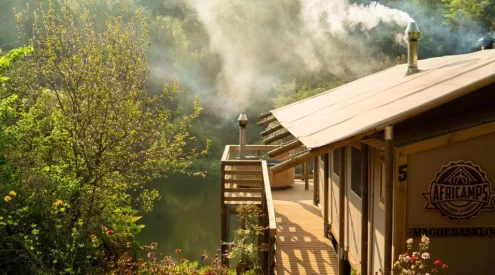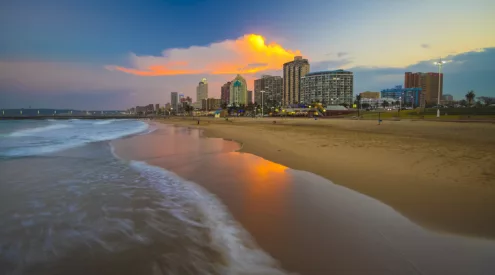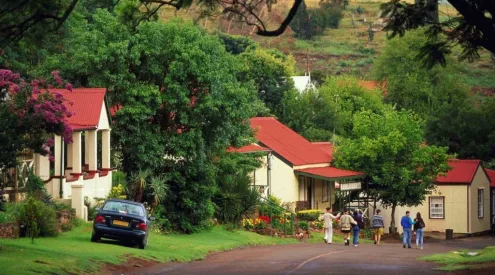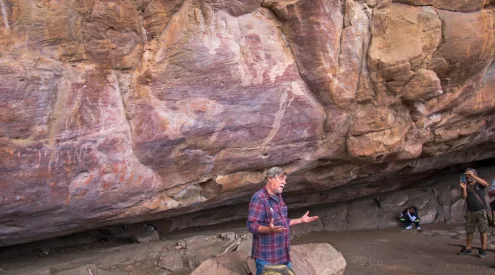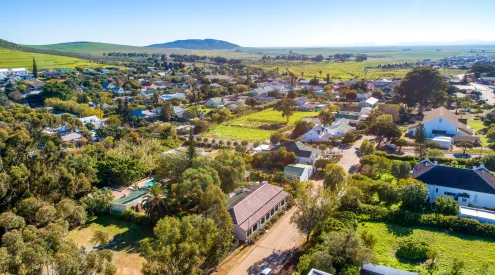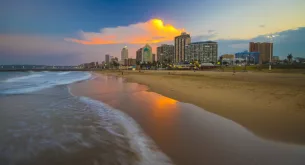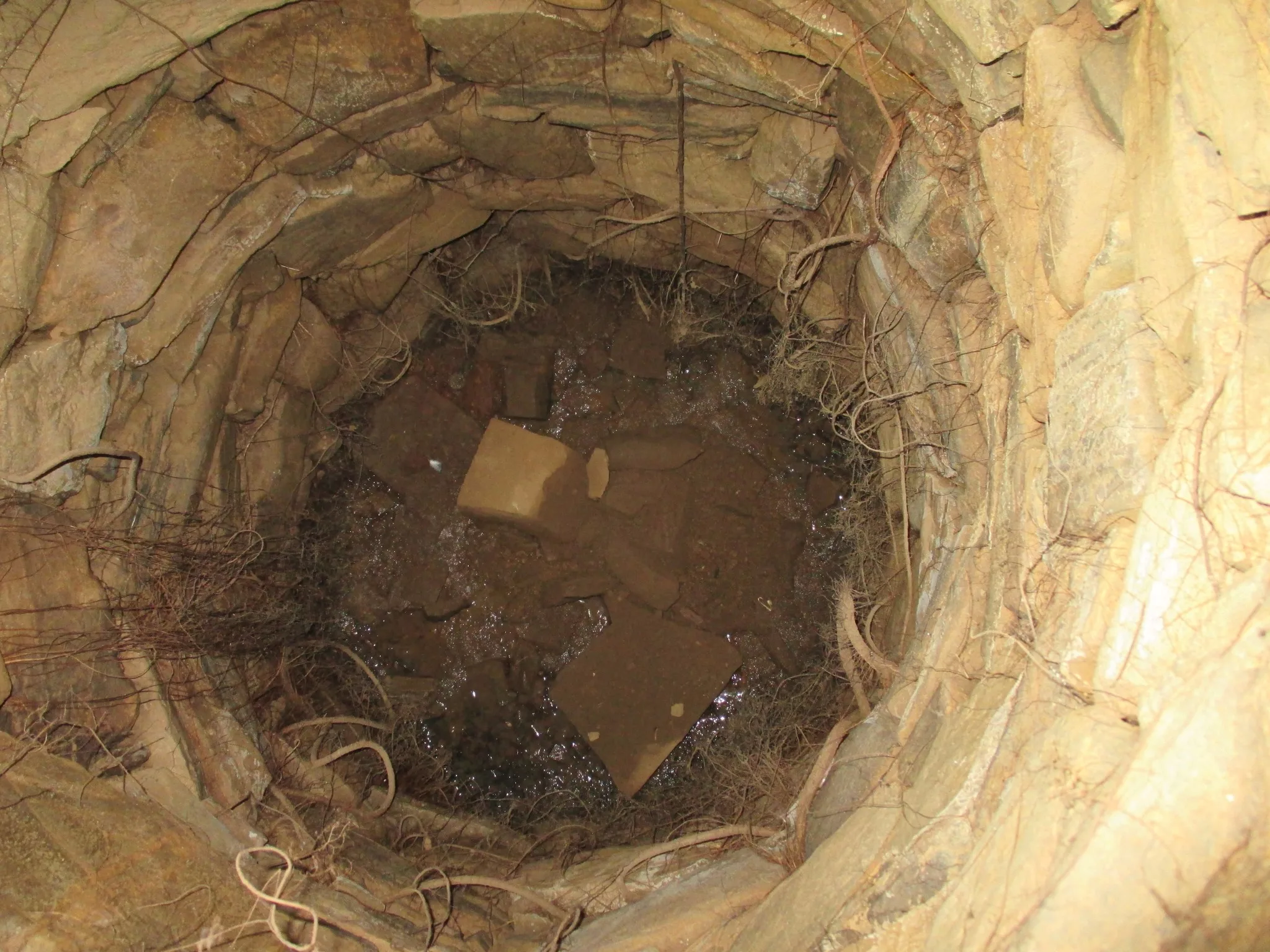
Image: Facebook / City of Cape Town
A stone well that is probably more than 150 years old was accidentally uncovered during the City of Cape Town’s construction activities for the Bo-Kaap Market site upgrade.
Upon its discovery on the property associated with the Spolander House, the City’s Economic Growth Directorate’s contractor was instructed to cease work immediately.
ALSO SEE: Chaos erupts as two men fight over reclined seat on passenger flight
The Spolander House, on the corner of Yusuf Drive and Pentz Street, is a national heritage site and the land associated with the house (on which the well was found) is protected as a provincial heritage site.
“Upon discovering the well, our officials instructed the contractor to immediately cease work. On confirmation that the well was indeed archaeological, officials from Heritage Western Cape were notified,” said the City’s Mayoral Committee Member for Economic Growth, Alderman James Vos.
“Following careful inspection, the City’s heritage officials worked with the construction crew to secure the well and surrounding area and allow development to continue.”
In the 1930s, the property was expropriated as part of the so-called Slums Clearance Act of 1934.
In order to preserve the well for future generations, the City announced that it is engaging with the Bo-Kaap community and other stakeholders through registered interested and affected parties to guide its protection and give input to the future redevelopment of the space.
The City also confirmed that, for the moment, a stop-work order is in place within a five-metre buffer zone surrounding the well, with contractors completing what they can in the interim.
Meanwhile, the upgrade to the Bo-Kaap Market space is scheduled for completion by May 2025 and includes the construction of new trading stalls, a timber-decked seating area, hard landscaping and an associated traders’ support and services centre.
The City added that it plans to preserve the natural and historical features of the space in an effort to maintain Bo-Kaap as a community of significant cultural heritage.
“The City’s goal in undertaking this project is to create a dignified and accessible trading area to grow the commercial and tourism potential of the area,” said Vos. “That we could honour the history of Bo-Kaap through the preservation of this structure shows the City’s respect and deep commitment to our communities.”
Public participation, limited to registered interested and affected parties, started on Thursday, 27 March 2025 and will run for 30 days.
Article originally published by Cape Town ETC.
ALSO READ: Cape Town’s hidden viewpoints for sunrise and sunset catchers
Follow us on social media for more travel news, inspiration, and guides. You can also tag us to be featured.
TikTok | Instagram | Facebook | Twitter



